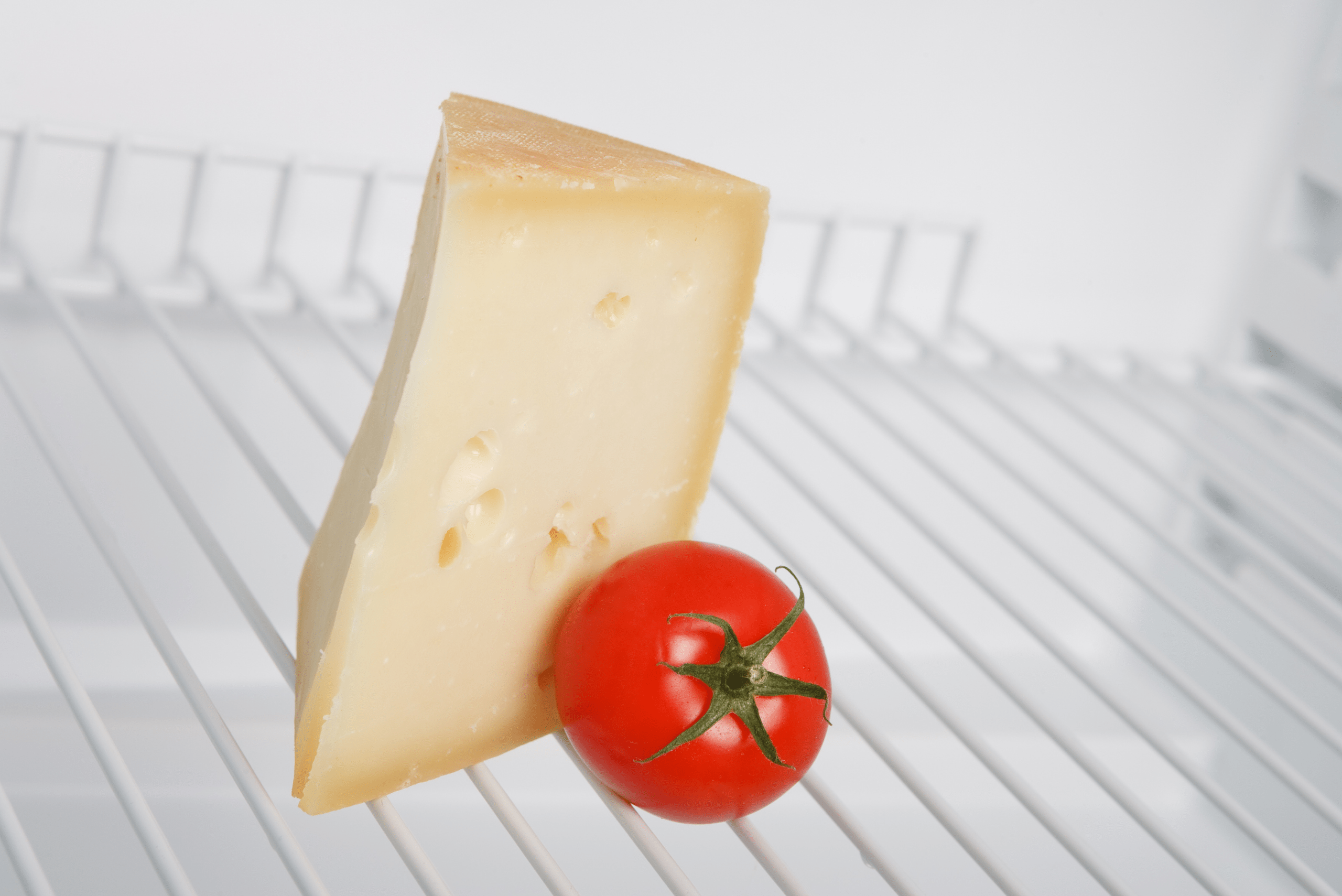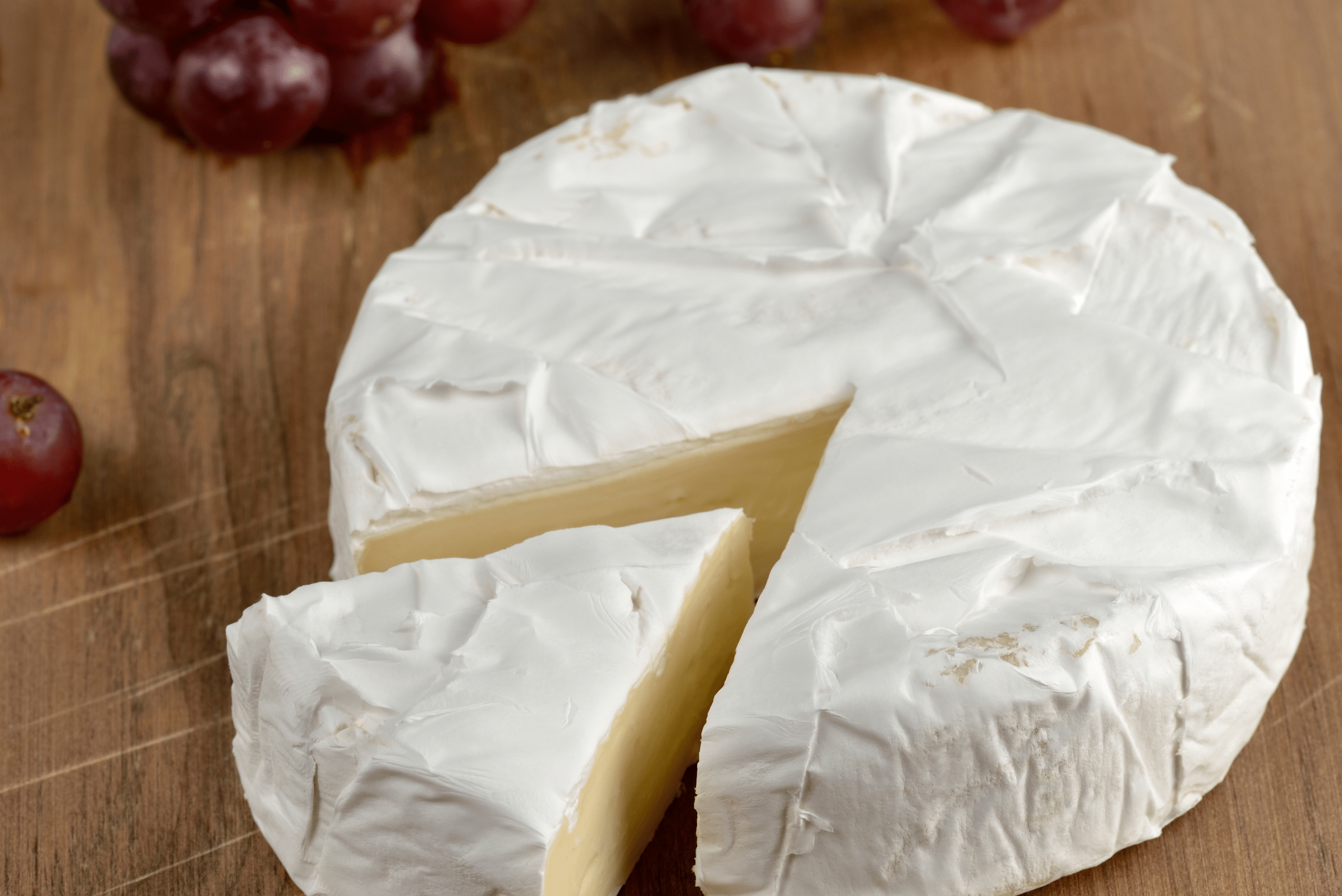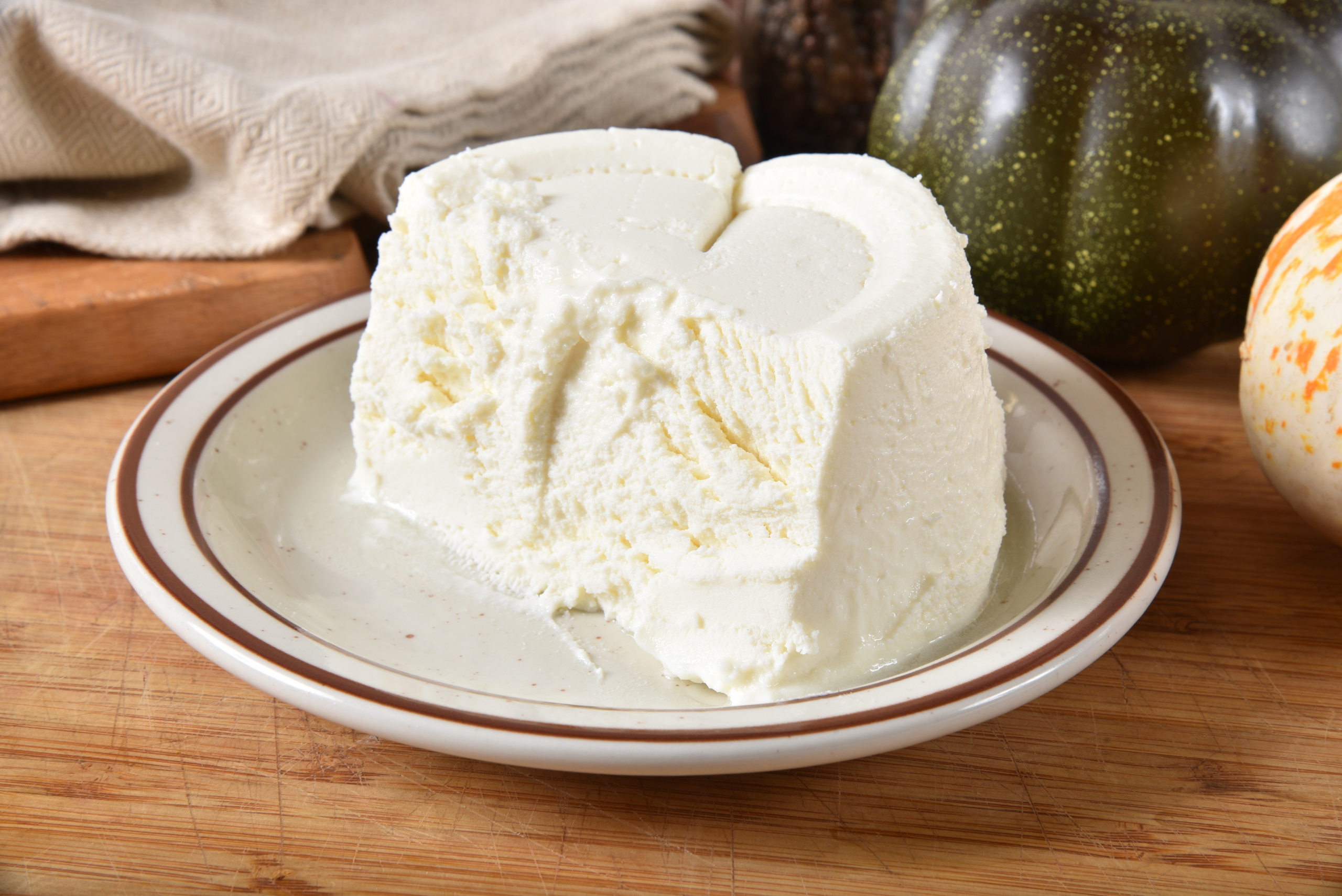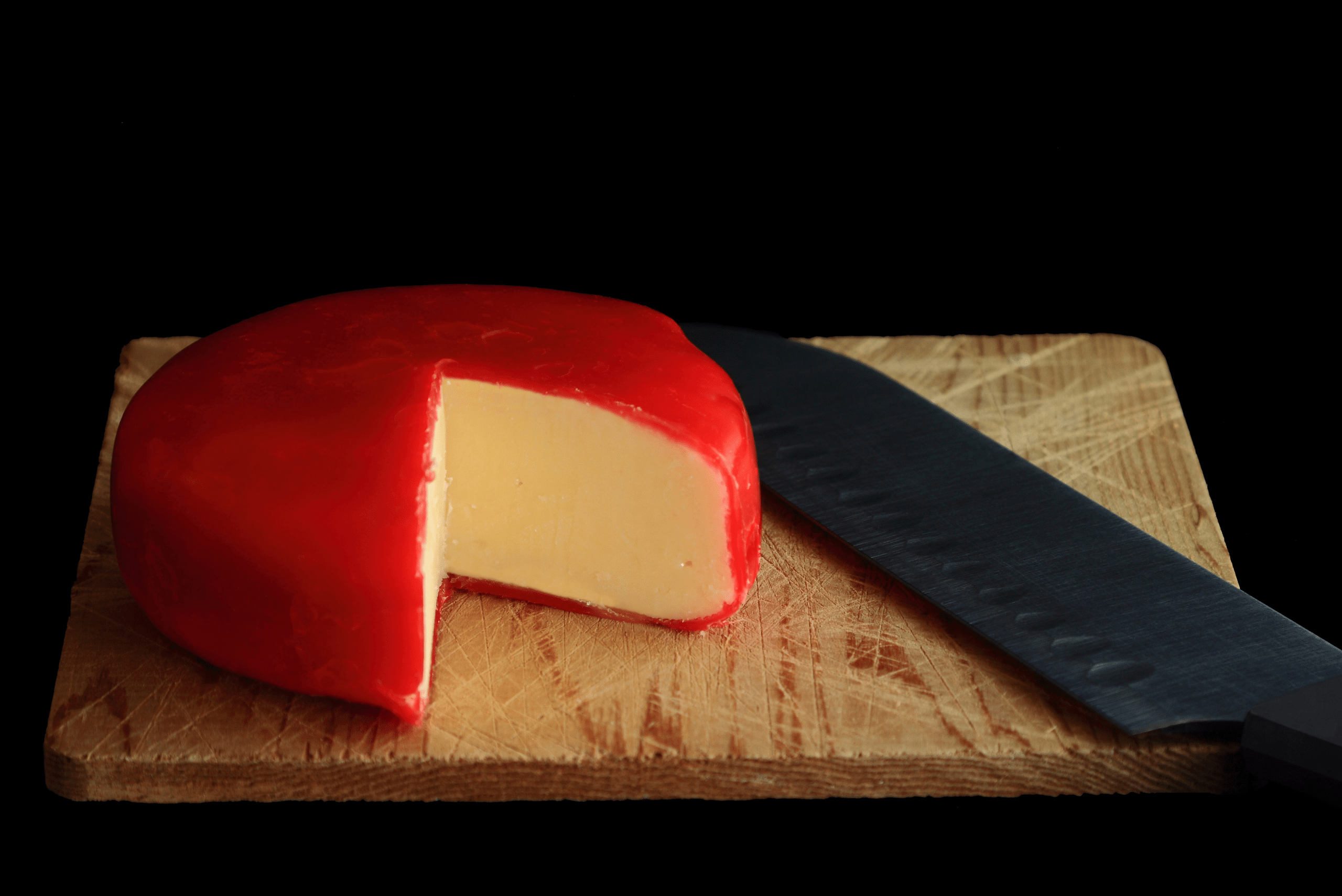Don’t Freeze That Cheese! Learn Which Ones Are Freezer-Friendly
Cheese is a versatile and beloved ingredient in many kitchens, but sometimes, we find ourselves with more than we can use before it expires. Freezing cheese can help extend its shelf life, but not all cheeses are suited for the freezer. Some varieties maintain their quality, while others may become grainy or lose flavor after being frozen. In this article, we’ll explore which cheeses are freezer-friendly and which ones you should avoid freezing to preserve their taste and texture.
1. Aged Cheddar: A Freezer-Friendly Classic
Aged cheddar is a hardy cheese that freezes quite well. Its firm texture and low moisture content help it retain its flavor even after being stored in the freezer for several months. When freezing cheddar, it’s best to cut it into smaller blocks or shred it, as this will make it easier to use later. Be sure to wrap it tightly in plastic wrap or foil, and place it in an airtight container or freezer bag to prevent freezer burn.
Once thawed, aged cheddar works wonderfully in cooking applications such as melting into sauces, casseroles, or over hot dishes. However, keep in mind that while it maintains its flavor, its texture may be a little crumblier than fresh cheddar when served cold.

2. Brie: Best Avoided in the Freezer
Brie is a soft cheese with a creamy texture that does not freeze well. Freezing Brie can cause it to lose its smooth consistency and become watery or grainy when thawed. The delicate balance of flavor and texture that makes Brie so enjoyable is compromised during freezing, which is why it’s better to avoid freezing it if you want to preserve its quality.
If you find yourself with leftover Brie, it’s better to use it in a cooked dish like a baked Brie or incorporate it into sauces and spreads, where the texture won’t be as noticeable. Enjoy Brie fresh, and skip the freezer to maintain its signature creaminess.

3. Parmesan: A Freezer-Friendly Powerhouse
Parmesan is another hard cheese that freezes beautifully. Its aged, dry nature allows it to withstand freezing without compromising its rich, nutty flavor. Grated or in blocks, Parmesan can be stored in the freezer for months and used for cooking without significant loss in quality. It’s perfect for sprinkling over pasta, adding to soups, or mixing into sauces after it’s been frozen and thawed.
When freezing Parmesan, wrap it tightly in plastic wrap and then place it in a freezer bag or airtight container. This will protect it from freezer burn and keep it in optimal condition. For convenience, grating Parmesan before freezing will allow you to use it right away without needing to thaw.

4. Ricotta: A No-Go for Freezing
Ricotta is a soft, high-moisture cheese that should be kept out of the freezer. Freezing ricotta causes the water content to separate, leading to a crumbly, watery texture that makes it difficult to work with once thawed. The delicate consistency of ricotta simply doesn’t hold up well in freezing conditions.
If you do need to store ricotta for an extended period, it’s better to use it in cooked dishes immediately after purchasing or check for ways to preserve it through refrigeration. Freezing will affect the flavor and texture, especially when used in lasagnas or other dishes that rely on its smoothness.

5. Gouda: Freezable with Care
Gouda, particularly the aged variety, can be successfully frozen. Its semi-hard texture allows it to maintain most of its flavor and firmness when frozen. Like other semi-hard cheeses, Gouda may experience slight changes in texture after thawing, but it still works well in many cooked applications. Gouda can be sliced, grated, or cubed before freezing for convenience.
To freeze Gouda, wrap it tightly in plastic wrap and then place it in a freezer-safe container or bag. When thawed, it will retain its flavor and can be used in sandwiches, melted on burgers, or incorporated into sauces without issue.

Related Articles
- How to Freeze-Dry Food [4 Best Ways]
- How to Make an Awesome Meat and Cheese Board
- Truth, Justice, and the American Cheese
Freezing cheese can be a great way to prevent waste and keep your favorite varieties on hand for longer. Hard cheeses like aged cheddar and Parmesan freeze well, while softer cheeses like Brie and ricotta should be avoided to preserve their texture and flavor. Semi-hard cheeses like Gouda fall into the middle ground and can be frozen with careful preparation. By following the right methods for freezing and thawing, you can continue to enjoy your cheese even after it’s been stored in the freezer. Just remember, some cheeses are better enjoyed fresh!









